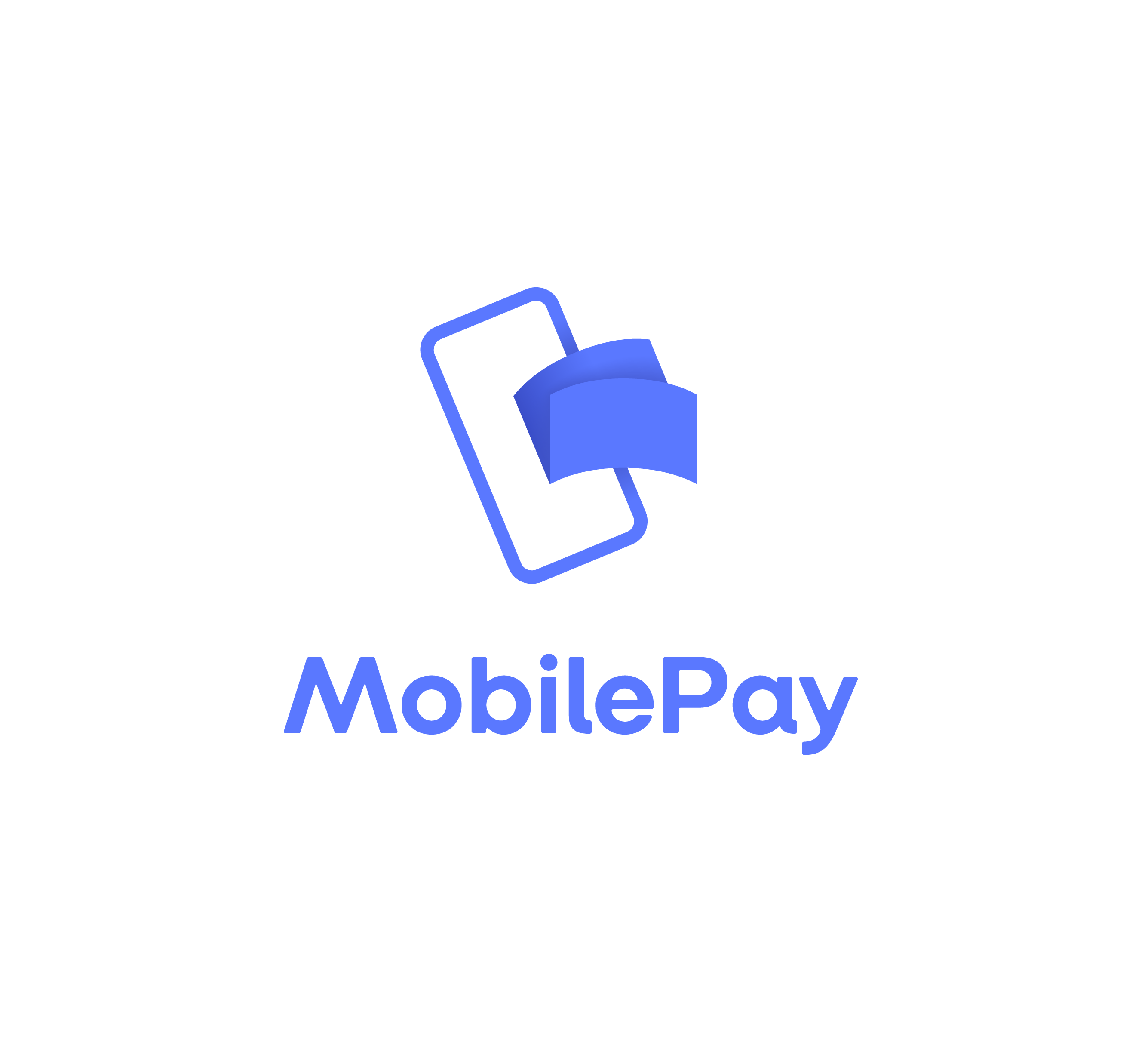Why It’s Crucial for Your Business
If you’re a business owner, you know that managing your finances can be a time-consuming task. There are invoices to send, expenses to track, and financial reports to create. Just the thought of it can cause stress. But what if you could put your accounting on autopilot? Sounds like a dream, doesn’t it? Well, it isn’t. It’s a practical solution that is becoming increasingly popular among small and big businesses alike. In this article, we will delve into why putting your accounting on autopilot is not only an efficient choice but also a critical one for your business.
The Benefits of Automated Accounting
Automated accounting, in essence, is the use of software to automate financial management processes. It’s like having a virtual accountant who doesn’t take breaks or vacations. This software can handle tasks such as invoicing, tracking expenses, generating reports, and much more. But why should you consider making the switch? Here’s why.
Time is Money
First and foremost, automated accounting saves you time. Sending invoices, reconciling bank transactions, and other accounting tasks can eat up significant portions of your workday. However, with automation, these tasks are done in the background, freeing up your time. This means you can focus on what truly matters – growing your business.
Reduced Errors
Let’s face it, humans make mistakes, and in accounting, even a small error can result in significant financial discrepancies. Automated accounting eliminates the risk of human error. The software is precise and accurate, so you can trust the numbers it provides.
Improved Cash Flow
With automated invoicing and payment reminders, you’ll get paid faster. Also, by automatically tracking expenses, you ensure that you’re not missing out on any tax deductions. This not only improves your cash flow but also your bottom line.
Real-time Financial Reports
One of the biggest advantages of automated accounting is real-time reporting. You can see your financial position at any moment, not just at the end of the month or quarter. This allows for more informed business decisions.
Now that we’ve discussed the benefits, let’s take a look at some practical steps to put your accounting on autopilot.

Steps to Automate Your Accounting
1. Choose the Right Software
There are numerous accounting software available in the market; some are basic, while others offer advanced features like inventory management or project tracking. Choose the one that best fits your business needs.
One software on the market helping businesses automate is Kontolink, read more about its features here…
2. Set Up Your System
Once you’ve chosen your software, you’ll need to set it up. This involves linking it to your bank accounts, configuring the invoicing and payment settings, setting up expense categories, and more. It might be a bit of a learning curve at first, but remember, it’s a one-time setup. Once done, the system operates on its own.
3. Train Your Team
It’s important that all team members who are involved in financial tasks know how to use the software effectively. Training can be done via online tutorials, webinars, or even in-house training sessions. The more comfortable your team is with the software, the smoother the transition will be.
4. Regularly Review and Optimize
Automation doesn’t mean you can completely ignore your finances. Regular reviews are necessary to ensure everything is running smoothly and to identify opportunities for further optimization. This might mean tweaking your settings, exploring additional features, or even switching to a new software if your current one isn’t meeting your needs.
Embracing the Future with Automated Accounting
In conclusion, putting your accounting on autopilot is not just about efficiency; it’s about transforming the way you do business. It frees up your time, reduces errors, improves cash flow, and provides real-time financial insights.
In today’s fast-paced, digital world, automated accounting is no longer a luxury; it’s a necessity. It’s about working smarter, not harder. It’s time to embrace the future of accounting and put your business on the path to financial success.
The journey to automated accounting may seem daunting at first, but with careful planning, the right software, and a team willing to adapt, you’ll soon reap the benefits. After all, in the world of business, those who adapt, thrive. So why not take the first step towards automated accounting today? Your business will thank you for it.
Conclusion: The Path to Business Success
Whether you’re running a small business or a large enterprise, putting your accounting on autopilot can pave the way for your business success. In the end, every minute saved on bookkeeping is a minute earned for strategic planning, customer engagement, or employee development – all of which contribute to the growth of your business.
With automated accounting, you’re not just adapting to the digital age; you’re leveraging it to your advantage. So, take the leap, automate your accounting, and watch your business flourish.



